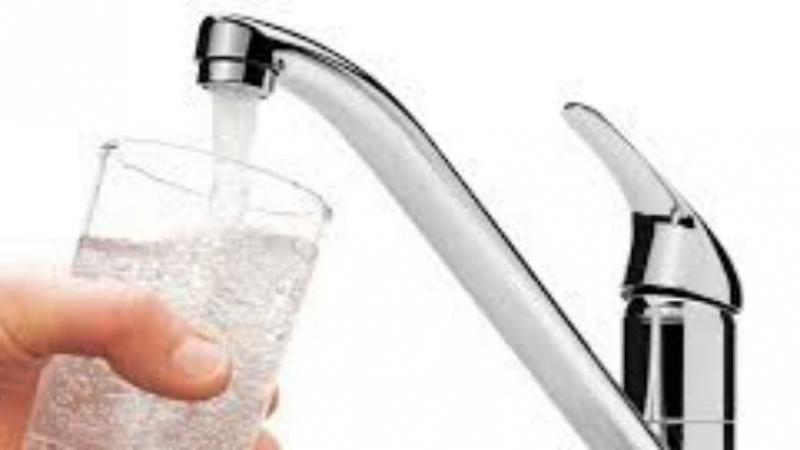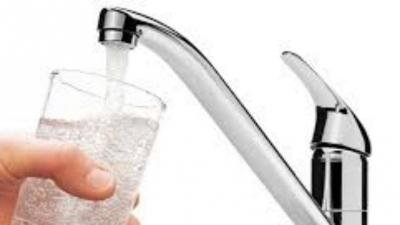Drinking water has become more susceptible to pollution following the Lebanese financial crisis. Current conditions encourage an increase in water contamination, so are water institutions and relevant authorities studying the quality and safety of our water? In this context, Professor Maya Jirdi, a specialist in health and environmental issues, states that "by revisiting the vulnerabilities in the public water network and how people might be exposed to non-potable water at home, it can be said that our situation is now very bad, and our water in storage tanks is contaminated both bacterially and chemically."
In an interview with MTV, she pointed out that "the water that reaches homes, which we call drinking water, should ideally be safe for drinking, cooking, washing fruits and vegetables, and personal hygiene, but the issues with this water are that most of its sources are exposed to physical, bacterial, and chemical pollution, and the situation varies by region. For example, one source of pollution is the discharge of sewage into rivers and springs."
Because water sources are prone to contamination, there is a need to treat the sources that feed the network. This treatment must be comprehensive, starting from physical treatment all the way to adding chlorine to disinfect the water to ensure it is free from germs, which is known as primary treatment. However, according to Jirdi, in many places, some entities only add chlorine to well water, indicating that even before Lebanon's crisis, treatment methods were inadequate. She noted that pollution was not limited to bacterial contamination; chemical pollution has also increased. Each water source is supposed to have suitable treatment methods.
Jirdi believes that "problems in water treatment have intensified following the financial crisis in Lebanon. The treatment is primary and does not exceed bacterial contamination, and it needs to be broader than that," pointing out that "if water was being pumped through the network continuously, this contamination would not have occurred because water pressure would be constant. When water is distributed on a rationing basis, the level of bacterial contamination increases, especially now with power outages. In Beirut, the water supply was cut off for a month, which exacerbated the crisis even further."
According to information, areas that previously treated their water with chlorine and were protected from bacterial contamination now have very low residual chlorine levels. Because the treatment is inadequate, and water rationing has significantly increased, there are faults in the lines. Therefore, Jirdi emphasizes that "all elements that encourage water contamination are currently present."
The problem does not stop there; there is also an issue with cleaning household tanks, and the type of tank used can lead to chemical contamination if the plastic quality is poor and does not meet required specifications. In this context, Jirdi explains that "the contaminants present in water do not cause the same symptoms for everyone, which depends on how these waters enter the human body." She clarifies that "even if individuals do not use public water for anything but personal hygiene and laundry, the water will still enter their bodies when brushing their teeth and through the skin, as well as when washing dishes, fruits, and vegetables."
Stakeholders in the water safety file are increasingly aware of the growing danger; when water was cut off for a month in Beirut, people turned to wells for water, leading to mixing with seawater, resulting in salinity and causing the water reaching homes to contain rust and iron. Therefore, Jirdi warns: "Our water has changed its specifications."
Within the issue of water pollution in Lebanon, there is the sector of "cisterns," which obtain water from the same sources, filling their tanks with substances other than water, leading to increased contamination and diseases. Jirdi concludes her remarks by saying: "What we were raising in 1992 is still relevant today. Treatment technologies exist, but who is implementing them?"
This report was produced with the support of "Skills" and Internews.




